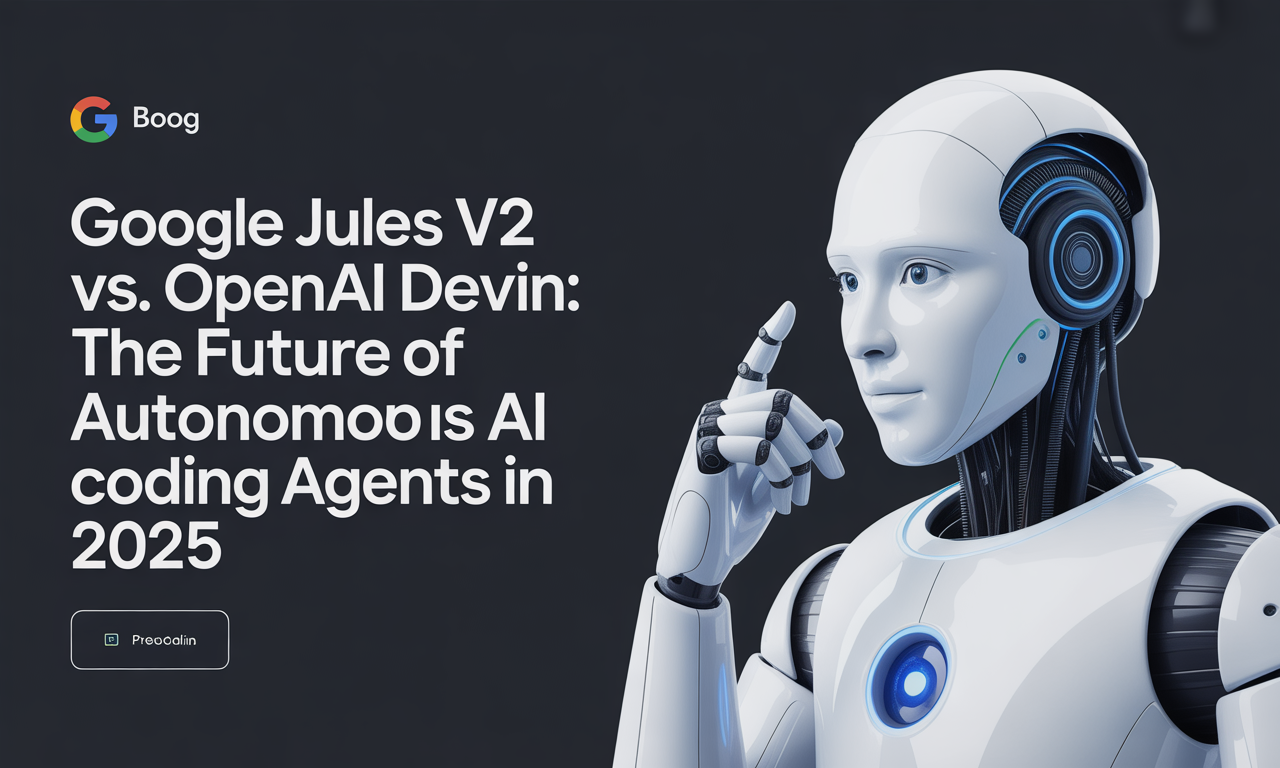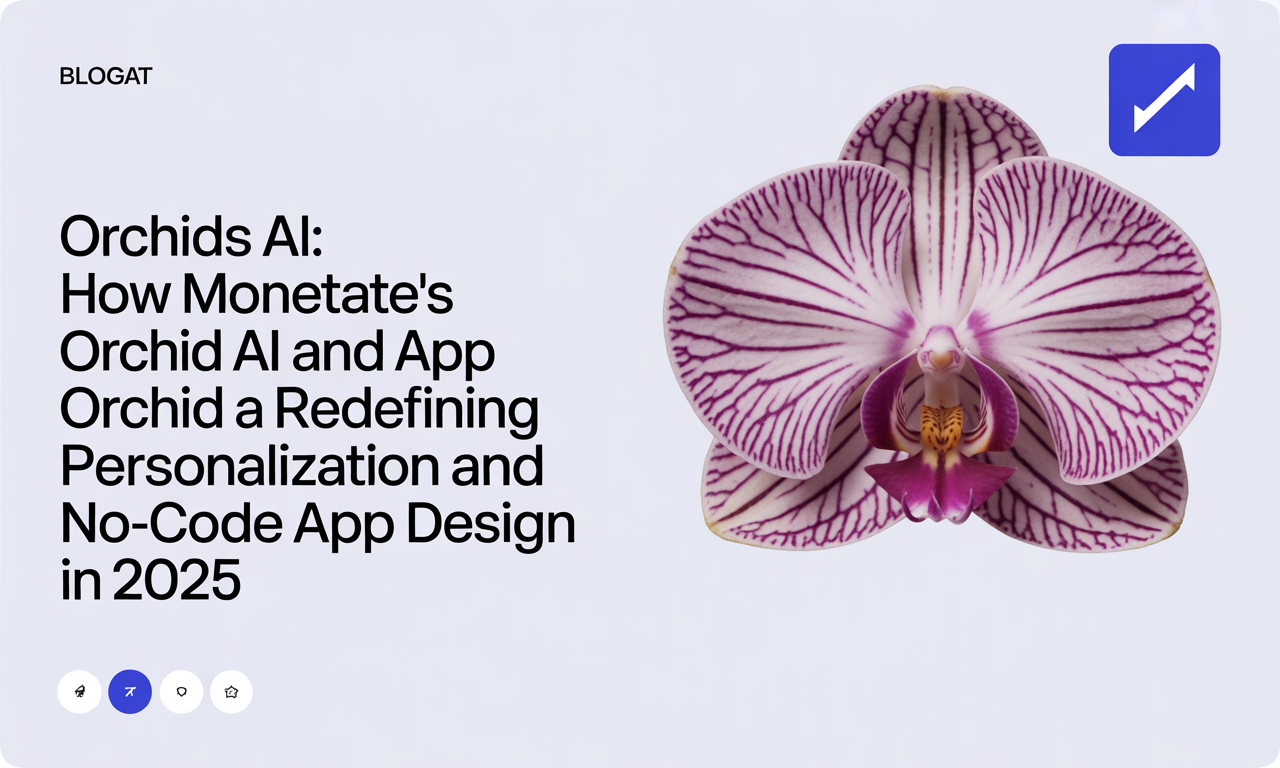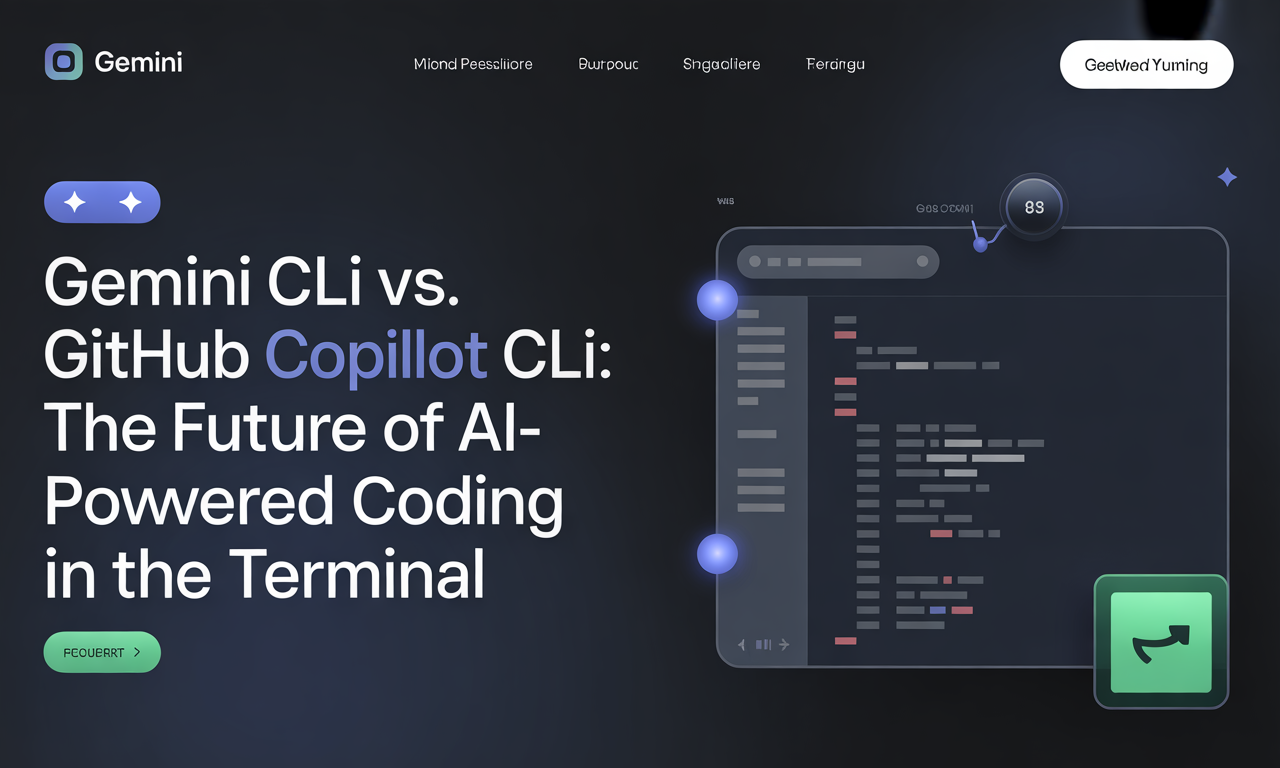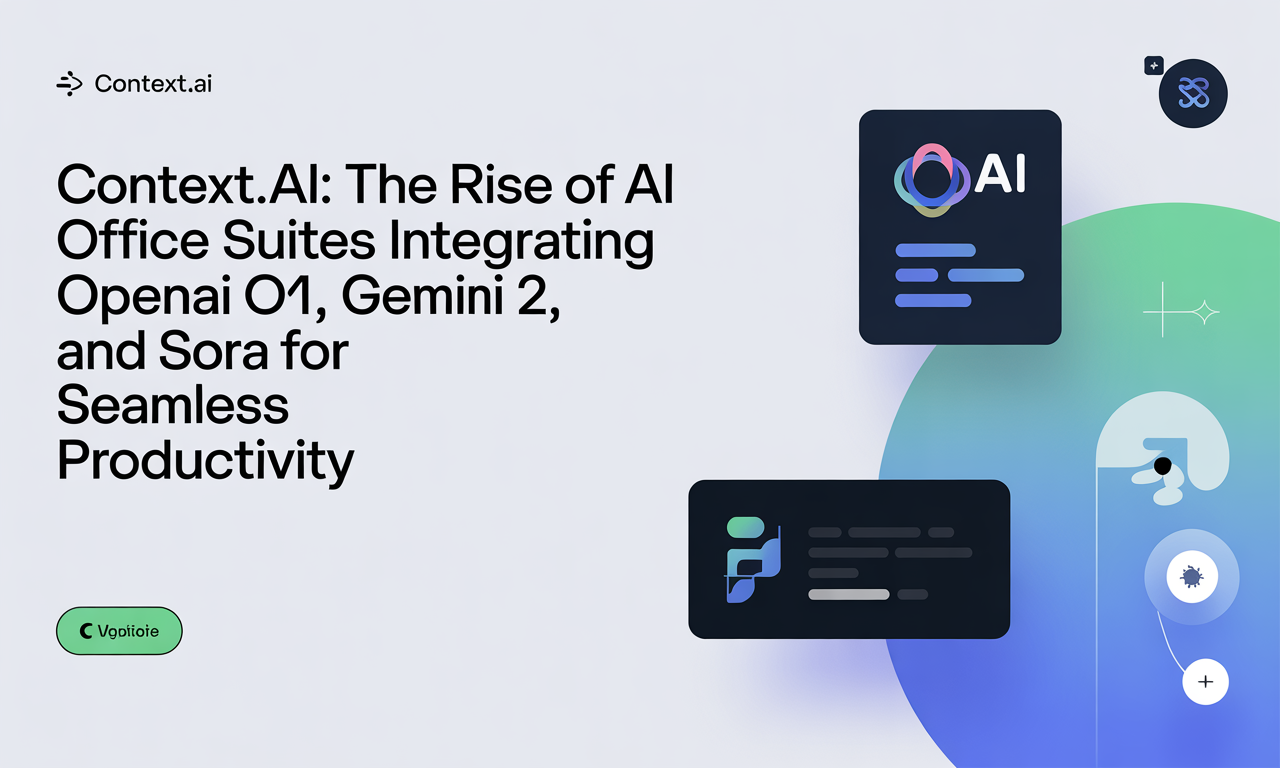Google Jules v2 vs. OpenAI Devin: The Future of Autonomous AI Coding Agents in 2025
As software development accelerates in complexity and scale, autonomous AI coding agents are becoming indispensable allies for developers. In 2025, two frontrunners—Google Jules v2 and OpenAI Devin—are reshaping how developers write, review, and manage code. Moving well beyond traditional autocomplete or code suggestion tools, these agents autonomously handle coding tasks, bug fixes, and even collaborative workflows.
But what sets Jules v2 and Devin apart? Which AI coding agent aligns best with your development style and project needs? In this comprehensive comparison, we dive deep into their architectures, workflows, integrations, and future potential. Whether you're a solo developer or part of a team, understanding these tools will empower you to optimize your coding workflow in the year ahead.
The Rise of Autonomous AI Coding Agents in 2025
Before diving into specifics, it’s important to understand the broader shift in AI-assisted development:
- From Suggestion to Autonomy: Unlike earlier tools that offered code completions or isolated snippets, next-gen agents like Jules v2 and Devin autonomously execute entire tasks—from bug fixes and dependency upgrades to generating detailed changelogs.
- Workflow Evolution: They represent two distinct workflow philosophies—asynchronous task delegation versus interactive real-time collaboration—catering to different developer preferences.
- Deep Ecosystem Integration: Both agents seamlessly integrate with popular developer platforms such as GitHub and cloud IDEs, streamlining the coding lifecycle from issue assignment to pull requests.
With that context, let’s examine each agent’s unique strengths and features.
Google Jules v2: Asynchronous Autonomy for Hands-Off Development
What Makes Jules v2 Stand Out?
Google Jules v2 is designed as a fully asynchronous, background coding agent that empowers developers to delegate complex tasks and focus on higher-level priorities. Here’s what sets it apart:
- Task Delegation: Assign coding issues—like upgrading a framework or fixing bugs—and Jules takes over, cloning your repository into a secure Google Cloud VM, planning multi-file edits, executing changes, and submitting pull requests autonomously.
- Privacy Focus: With a strong emphasis on security, Jules does not train on your private code, ensuring confidentiality—especially critical for enterprise projects.
- Audio Changelogs: An innovative feature that generates audio summaries of code changes, providing an accessible and efficient way to review updates.
- Integration: Deeply embedded within Google’s Gemini app and GitHub, Jules requires no additional software installation, simplifying adoption.
Key Features at a Glance
| Feature | Google Jules v2 |
|---|---|
| Model Foundation | Gemini 2.5 Pro |
| Workflow | Asynchronous, background agent |
| Task Handling | Autonomous issue resolution and pull requests |
| Integration | Gemini app, GitHub, Google Cloud |
| Languages Supported | Node.js, Python, Java, and more |
| Internet Access | Yes |
| Pricing | 5 free tasks/day; subscription details TBD |
| Differentiator | Asynchronous autonomy, privacy, audio changelogs |
Ideal Use Cases for Jules v2
- Developers who want to delegate routine or complex tasks without constant supervision.
- Teams prioritizing privacy and security in their codebases.
- Projects where offline review of completed tasks is preferred over real-time collaboration.
OpenAI Devin: Interactive Collaboration in the Cloud IDE
The Interactive Edge of Devin
OpenAI Devin takes a contrasting approach by embedding itself as an interactive AI agent within cloud IDEs, fostering a collaborative environment where developers and AI work side-by-side in real time.
- Real-Time Collaboration: Devin excels at multi-step, evolving coding tasks, allowing developers to guide, review, and adjust AI-generated code instantly.
- Broad Language Support: Its flexible architecture supports a wide array of programming languages, accommodating diverse project needs.
- Deep Cloud IDE Integration: By operating within cloud IDEs and GitHub, Devin enhances workflows for teams working on complex projects requiring frequent iteration and feedback.
Key Features at a Glance
| Feature | OpenAI Devin |
|---|---|
| Model Foundation | OpenAI GPT-4.5/5 (assumed) |
| Workflow | Interactive, cloud IDE agent |
| Task Handling | Real-time collaborative coding and review |
| Integration | Cloud IDEs, GitHub |
| Languages Supported | Broad, multi-language |
| Internet Access | Yes |
| Pricing | Subscription-based |
| Differentiator | Interactive collaboration, flexible workflows |
Ideal Use Cases for Devin
- Developers and teams who prefer hands-on, iterative development with AI assistance.
- Projects requiring frequent back-and-forth adjustments and immediate feedback.
- Environments where cloud IDEs are central to the development process.
Core Differences: Asynchronous vs. Interactive AI Coding Agents
Understanding the fundamental differences between Jules v2 and Devin helps you select the right tool for your workflow.
| Aspect | Google Jules v2 | OpenAI Devin |
|---|---|---|
| Workflow Style | Fully asynchronous, operate independently | Interactive, real-time collaboration |
| User Involvement | Assign tasks, review after completion | Continuous interaction and guidance |
| Privacy | Strong privacy focus; no training on private code | Standard privacy; cloud-based collaboration |
| Integration Depth | Gemini app and Google Cloud-centric | Cloud IDE and GitHub focused |
| Task Handling | Autonomous multi-file edits and pull requests | Collaborative coding and iterative fixes |
| Pricing Model | Limited free tier; subscription TBD | Subscription-based |
The Future of Autonomous AI Coding Agents: Trends to Watch in 2025
1. From Autocomplete to Autonomous Task Execution
The evolution from simple code suggestion tools to fully autonomous agents marks a paradigm shift. Developers are no longer just assisted—they can delegate entire coding issues to AI agents confidently.
2. Workflow Personalization: Asynchronous vs. Interactive
- Asynchronous agents like Jules v2 enable developers to reclaim time by offloading tasks.
- Interactive agents like Devin foster collaboration, making AI a partner rather than a tool.
3. Deep Ecosystem Integration
Seamless integration with platforms like GitHub, Google Cloud, and cloud IDEs means AI agents fit naturally into existing developer workflows, reducing friction and improving productivity.
4. Limitations and Human Oversight
Despite impressive advances, these agents are not yet capable of building complex applications from scratch without human input. Oversight remains essential for:
- Ensuring code quality and security.
- Making context-specific architectural decisions.
- Managing complex project requirements.
Practical Tips for Choosing and Using Autonomous AI Coding Agents in 2025
-
Assess Your Workflow Preference
- If you prefer hands-off task delegation, try Google Jules v2.
- For real-time collaboration and iterative coding, OpenAI Devin is ideal.
-
Consider Privacy Needs
- Enterprises with sensitive codebases may lean toward Jules v2’s privacy-first approach.
-
Leverage Integration Benefits
- Use the agent that best fits your existing tools—Gemini app users may find Jules v2 more seamless, while cloud IDE-centric teams may prefer Devin.
-
Start Small
- Take advantage of free tiers or trials to explore how each agent impacts your workflow.
-
Maintain Human Oversight
- Always review AI-generated code, especially for critical systems or complex logic.
Conclusion: Choosing Your Autonomous Coding Partner in 2025
As autonomous AI coding agents mature, Google Jules v2 and OpenAI Devin represent two powerful but distinct paths forward. Jules v2’s asynchronous autonomy is perfect for developers who want to delegate and revisit work on their own schedule, with an emphasis on privacy and seamless Google ecosystem integration. Meanwhile, Devin’s interactive cloud IDE collaboration empowers teams to work hand-in-hand with AI, adapting and refining code in real time.
Ultimately, the choice depends on your development style, project complexity, and integration preferences. Both tools promise to accelerate development cycles, reduce repetitive workloads, and enhance code quality—ushering in a new era where AI is a true coding partner, not just a tool.
Actionable advice: Experiment with both agents to identify which approach aligns with your workflow in 2025. Integrate AI coding agents thoughtfully, balancing automation with human insight to unlock the full potential of autonomous software development.
Embrace the future of coding with Jules v2 or Devin, and transform how you build software—smarter, faster, and more collaboratively than ever before.



